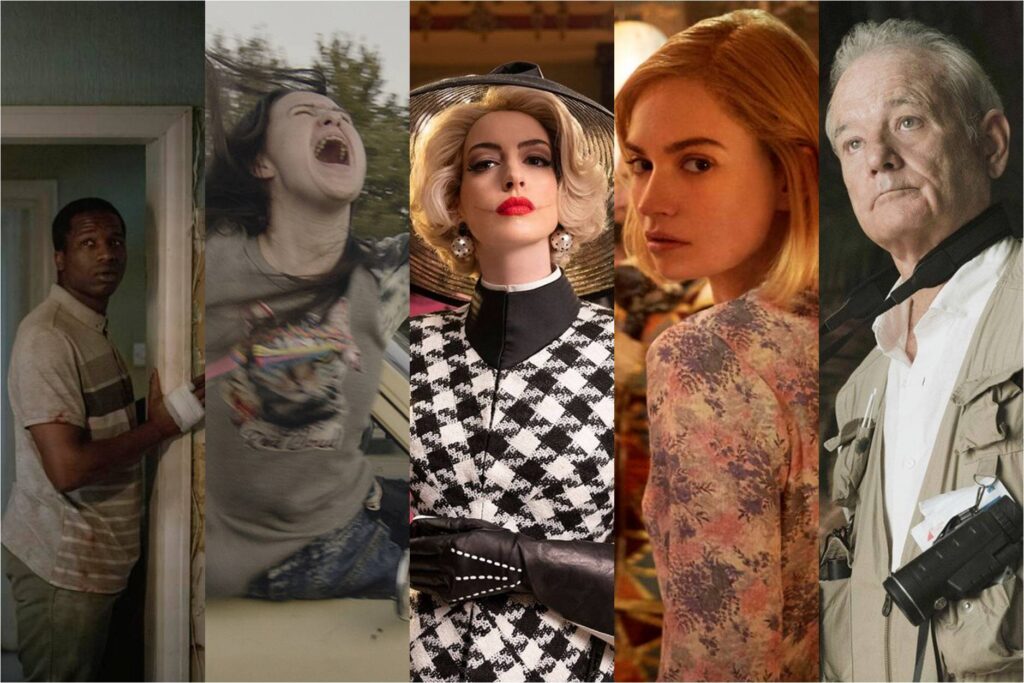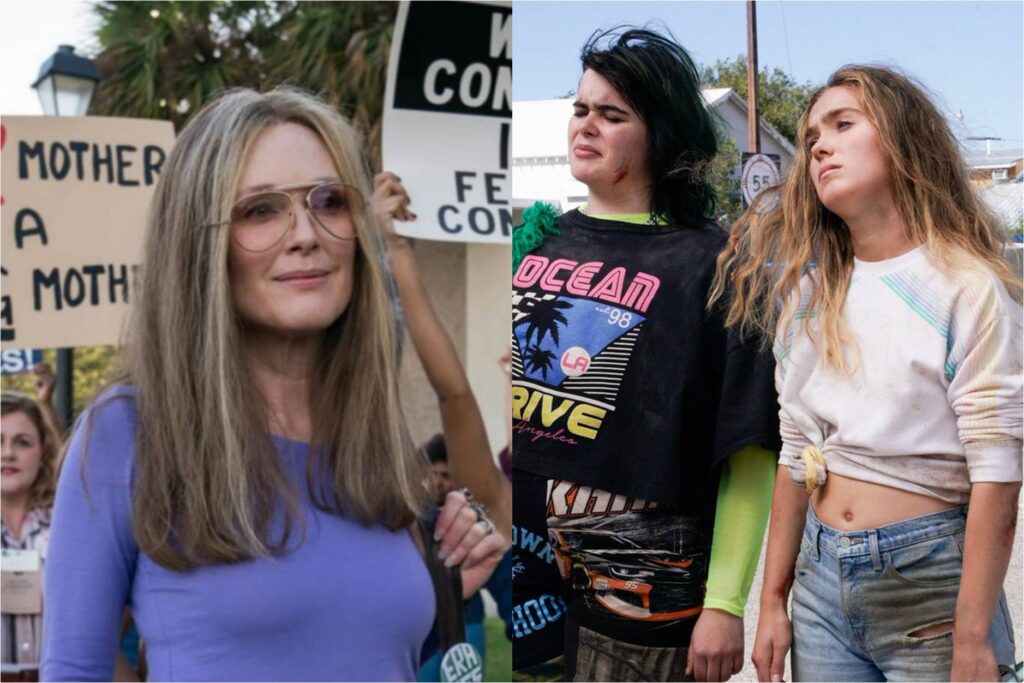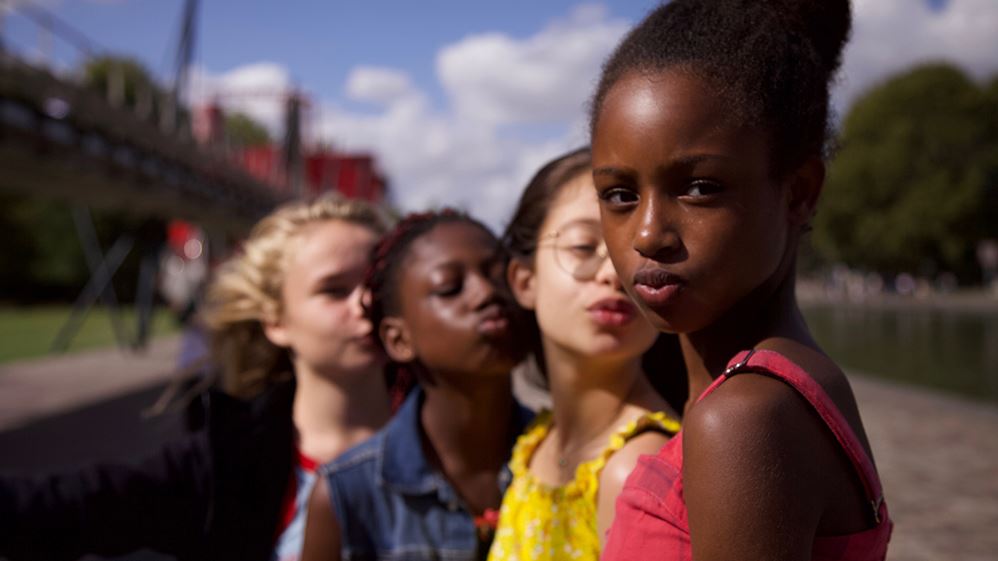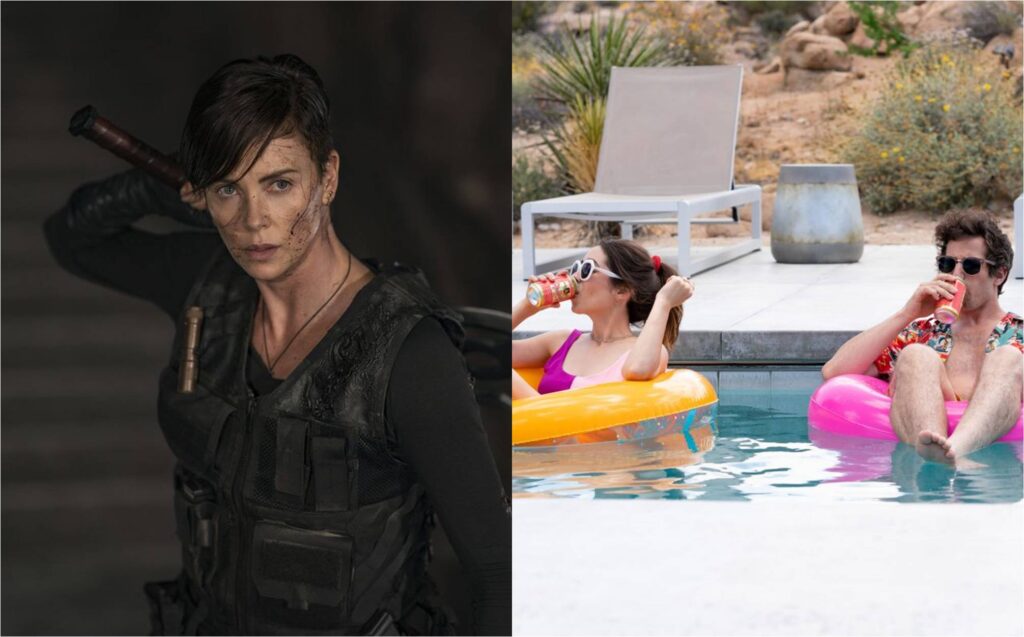Streaming Roundup: Hillbilly Elegy, Happiest Season, Run
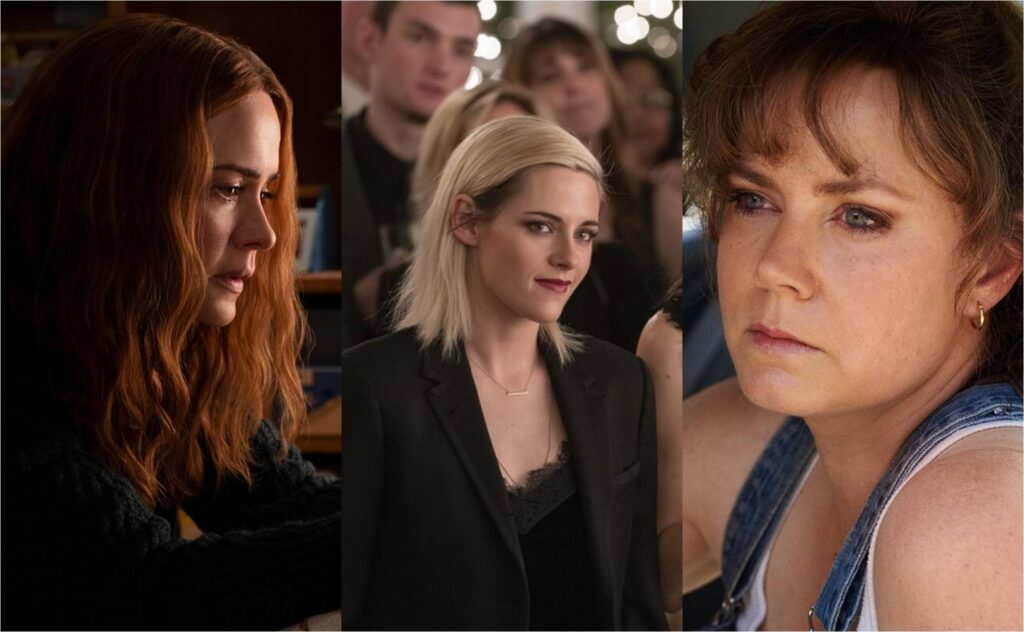
To paraphrase a seven-time Oscar nominee: There are bad terminators—like, say, the COVID-19 pandemic—and there are good terminators—like the streaming services that keep pumping out new movies. Let’s focus on the good, shall we? Here’s a quick look at three recent releases:
Hillbilly Elegy (Netflix). Early in Hillbilly Elegy, Ron Howard’s diverting and facile adaptation of J.D. Vance’s memoir, a promising student at Yale Law attends a soirée, hoping to impress firm recruiters. He’s a smart and sympathetic kid, but he’s quickly overwhelmed by the trappings of luxury—calling his girlfriend in a panic, he asks, “Why are there so many fucking forks?”—and his charm offensive stalls. Then someone refers to West Virginians as rednecks, he bristles in response, and suddenly an evening of schmoozing has disintegrated into a sullen and awkward standoff between rich and poor. Read More

